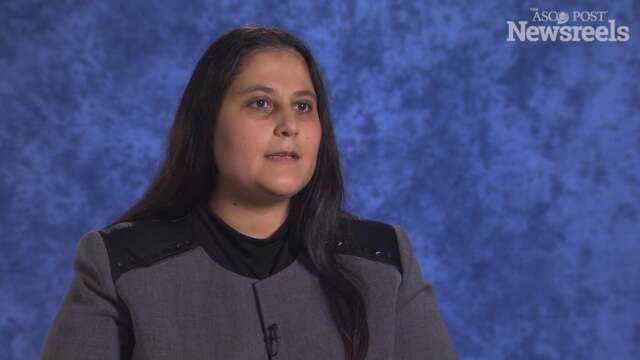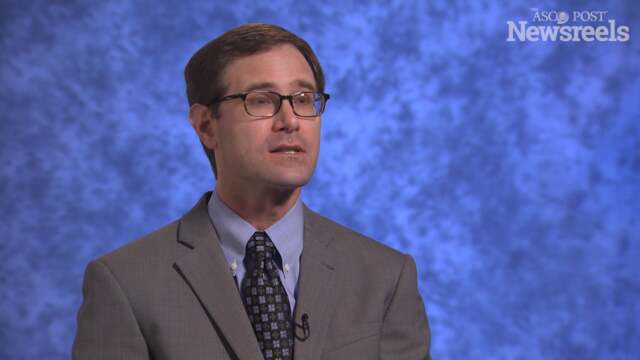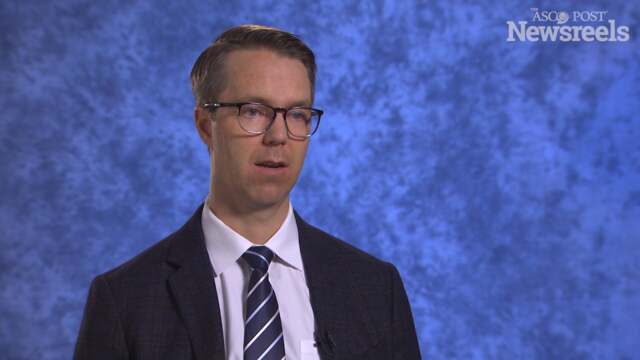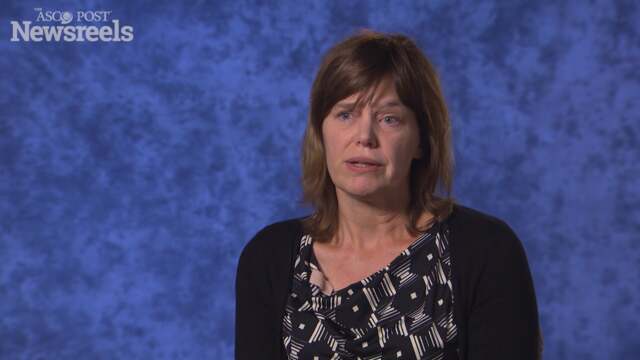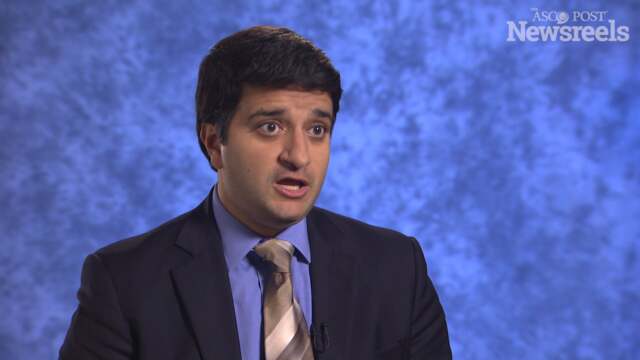Anthony L. Back, MD, on Physician Burnout: The Response That’s Needed
2017 Palliative Care in Oncology Symposium
Anthony L. Back, MD, of the University of Washington, talks about how clinicians can protect themselves from burnout and develop resilience. The default approach––“pretending we are not affected by stress”––often backfires, he says, and makes caregivers more susceptible to workplace pressures.
Areej El-Jawahri, MD, of Massachusetts General Hospital, discusses a video tool that helps overcome communication barriers so that patients can make more informed decisions for end-of-life care and their preferences are respected.
Jeremy Hirst, MD, of the University of California, San Diego, offers concrete advice on assessing the need for these medications, using them safely, and knowing when to deprescribe them.
Eric Roeland, MD, of the University of California, San Diego, summarizes key papers delivered at the Palliative Care Symposium on managing insomnia, fatigue, nausea, and the ways in which physical therapy and nausea can reduce the side effect burden.
Jenske Geerling, NP, of the University Medical Center Groningen, discusses findings from a multicenter trial on patient education, pain reduction, and quality of life (Abstract 203).
Sandip Patel, MD, of the University of California, San Diego, discusses diagnosing and managing immune-related adverse events from immune checkpoint blockade and the toxicities of these treatments.
